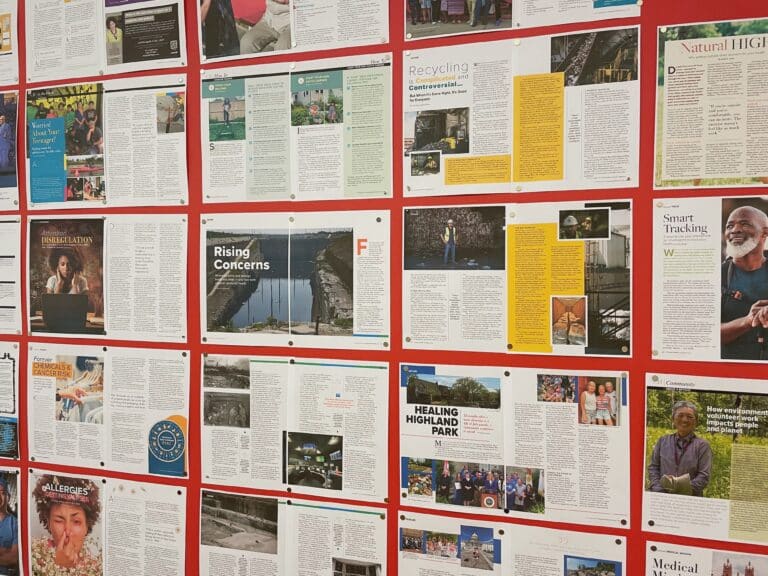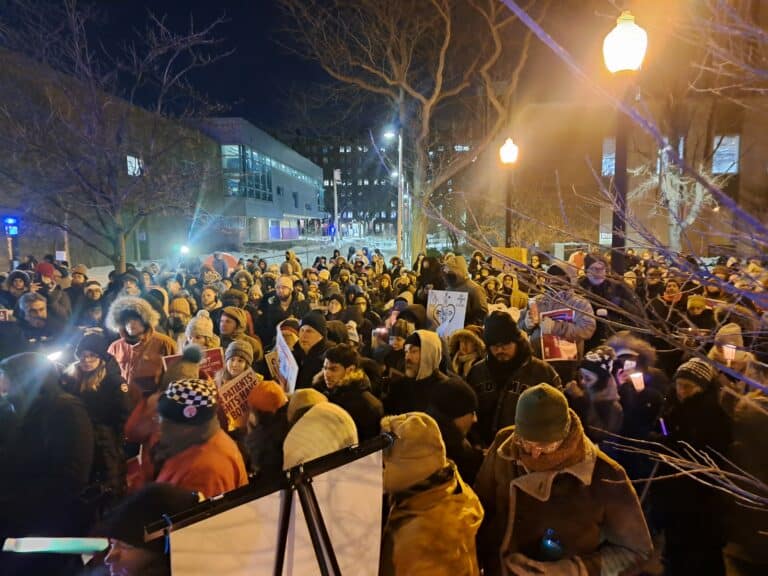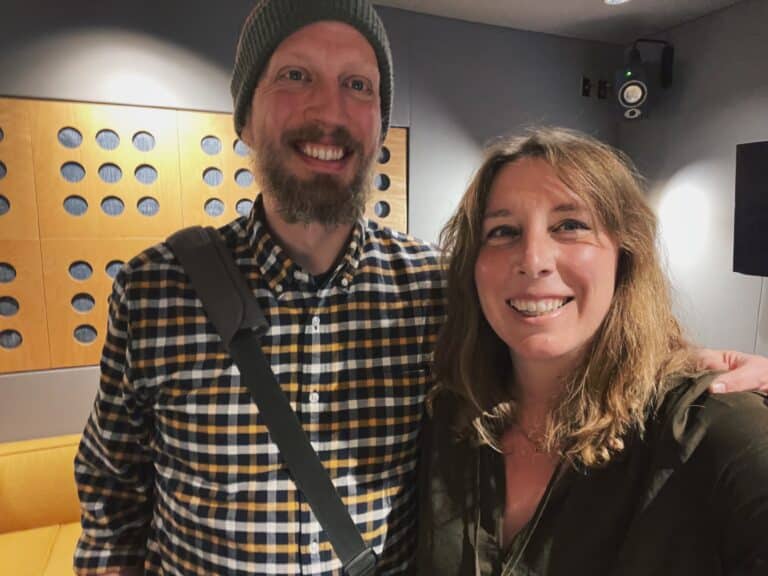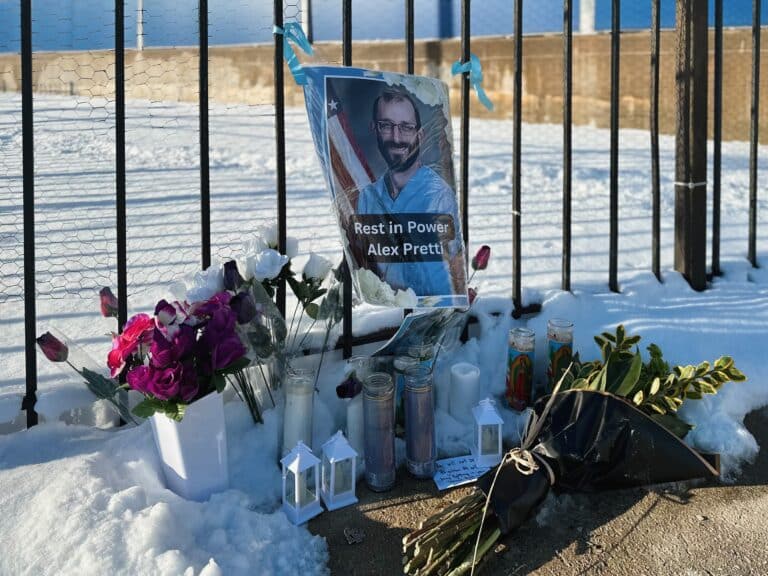What will it take to address the city’s racial disparities in mental health care?
Horace Washington Howard rides the bus and the El an hour each way to get to the Heartland Health Center in Uptown, a federally qualified health center where he gets treatment for bipolar disorder.
He used to walk the few blocks from his apartment to a city-run mental health clinic in Chicago’s Woodlawn neighborhood, but that clinic, along with six others, shuttered in 2012 in a cost-cutting move by then-Mayor Rahm Emanuel.
For a few months after it closed, Howard, now 64, didn’t receive services. To get medication for his bipolar disorder, he went to the emergency room a couple of times. He was hospitalized. He had run-ins with police.
“At that time, it was very hard because I was just obtaining structure in my life,” Howard says. “The closing of the clinics impacted the city tremendously because there was no access for certain areas where the clinics were closed.”
When the Covid-19 pandemic hit, people receiving care like Howard experienced another disruption in services. Now they no longer could meet with a therapist in person. Some were able to meet their therapists online, but others without internet access were shut out. Still others had to wait for backordered medications in short supply.
The pandemic was yet another barrier further affecting areas without easy access to treatment. Yet, the need for mental health care in Chicago’s communities has never been stronger.
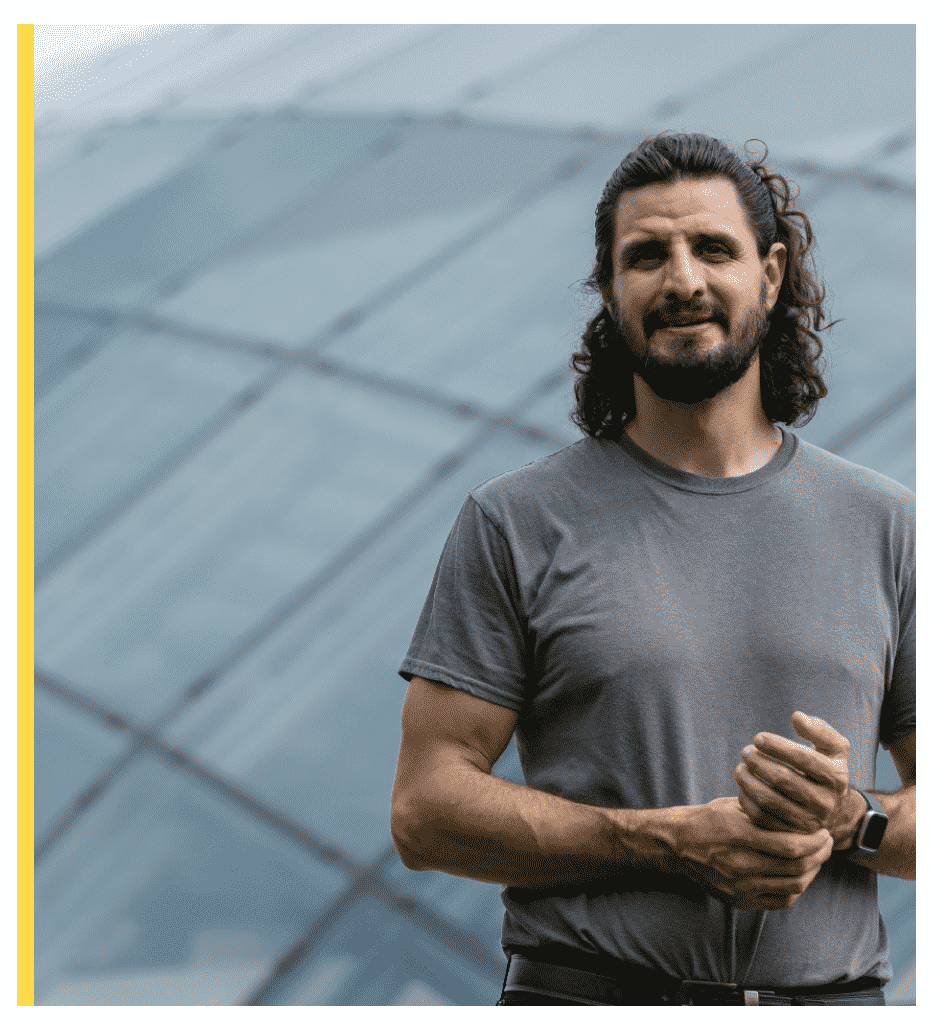
Shut out of the system
Chicago Mayor Lori Lightfoot, who campaigned on a promise of reopening mental health clinics, has chosen not to open more clinics but, rather, to fund existing efforts. This year, the city gave $8 million in grants to nonprofits that provide mental health services, prioritizing areas identified as high need. The mayor’s budget for mental health is now approximately three times what it was under previous administrations.
But giving funds to nonprofits doesn’t necessarily offer more access to care, says Arturo Carrillo, PhD, a licensed social worker who leads the Collaborative for Community Wellness, a group of mental health professionals, community-based organizations, and residents focused on mental health access. “Those funds went to fund existing organizations,” he says.
Nonprofits should be part of the city’s network of care, say those working to improve access, but the city itself could do more to comprehensively invest in mental health, actively target racial disparities, create jobs within communities, and ensure that people like Howard have an opportunity to get care closer to home.
In the 1970s and ’80s, the Chicago Department of Public Health (CDPH) operated 19 mental health clinics that provided care free of charge. Now it has five clinics.
“Not having health resources tied to a clinic space or somewhere in a community continues the idea that mental health services are not available to you,” says Tiffany McDowell, director of the Equity Institute at the YWCA in Evanston.
The pandemic’s impact
Chicago is scheduled to receive a total of $1.9 billion in federal relief in two allotments from the American Rescue Plan, which was passed in response to Covid-19. Community organizers and health professionals say part of these funds should go toward reopening more city-run mental health clinics in Black and brown communities on the South Side and West Side.
Many of the people in those neighborhoods were particularly hard hit by the Covid-19 pandemic. They lost loved ones, lost employment, lost financial stability, and lost a sense of security. And yet, even in the face of this, they have less access to mental health care.
Covid-19 exacerbated long-standing inequalities. Even before the pandemic, the Black community suffered more from mental health issues, such as depression becoming chronic once people became depressed, according to the Journal of Health and Social Behavior.
Research also suggests that members of the Black community who suffer from mental health conditions like schizophrenia and bipolar disorder are more likely to be imprisoned, according to the American Psychiatric Association.
In 2019, suicide was the second-leading cause of death nationally for young Black people between ages 15 and 24. And last year alone saw a 65% increase in suicides among Black residents of Cook County, according to the Cook County Medical Examiner’s Office.
Prevention as treatment
The Collaborative for Community Wellness published an assessment in 2018 detailing differences in mental health access in Chicago depending on ZIP code and income. In wealthier ZIP codes (where a greater percentage of the population is white), there were more than four therapists per 1,000 residents. But there were only 0.2 licensed clinicians per 1,000 residents in areas with high economic hardship on the city’s West, Southwest, and South Sides.
When the organization updated its assessment last year, the results were largely unchanged from 2018.
“This is particularly noteworthy because more than half of the public mental health clinic closures were in communities on the South Side of Chicago (New City/Back of the Yards, Woodlawn, Auburn Gresham, and Morgan Park),” Carrillo wrote in a report.
The problems snowball. Without access to mental health facilities, people don’t get preventive care. Then, when an individual publicly exhibits a mental illness, onlookers or others involved call the Chicago Police Department, which can escalate the situation. Or, unable to get routine care, people with mental illness head to the emergency room in a crisis, which is costly and not sustainable.
“It’s a very expensive proposition to not treat people in a preventive manner,” Carrillo says. “Unfortunately, we’re talking about untreated trauma, and untreated trauma leads to crises. And crises either show up in interpersonal conflicts or in personal health issues that ultimately may lead to people seeking hospitalization for personal mental health needs that could have been prevented. We see the highest rates of behavioral health hospitalization in Chicago’s West Side and South Side brown and Black communities that are underserved by mental health professionals.”
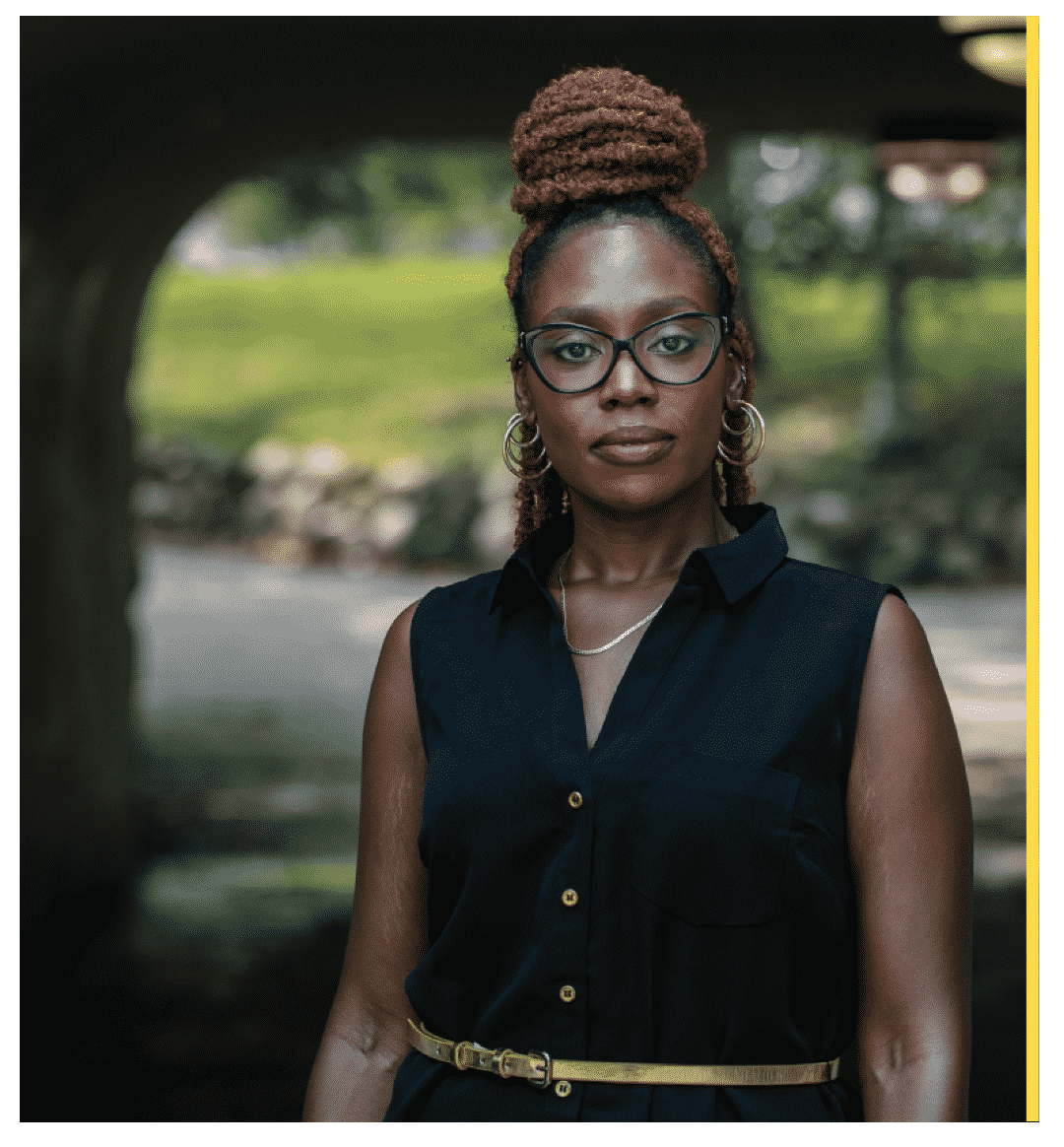
Matt Ginsberg-Jaeckle, a community organizer who co-founded Southside Together Organizing for Power (STOP), has been pushing for the city to reopen mental health clinics for the past nine years.
The timing for reopening some clinics has never been better, he says, because Covid-19 further demonstrates how Black and brown communities have less access to the care they need.
“We’re saying in the communities where there’s the least access — the most historical disadvantage and the most racial inequities with regard to access to care — the city should step in and put clinics there that are free of charge, robustly staffed, and that are of quality and accountability,” Ginsberg-Jaeckle says.
Racial inconsistencies in mental health treatment have increased since the 1990s, making culturally sensitive public health interventions critical, researchers say. To be effective, therapy needs to address the needs and lived experiences of a diverse population.
“The literature repeats this idea that Black people are resistant to therapy, but that’s not the case. And that becomes the narrative when the actual statistics are that it’s harder to stay in therapy when it is wounding and not culturally competent,” says Cadmona Hall, PhD, a marriage and family therapist at Adler University in Chicago.
Improving therapeutic practices as well as access would lead more people from the city’s brown and Black communities to get mental health services, advocates say.
Whether or not Lightfoot reopens clinics, Hall says therapists across the city should offer culturally conscious practices that require them to consider the experiences of the Black people they treat. Healing must be holistic, while considering the historical and societal contexts in which Black families exist. That’s especially important considering that 30% of Chicago residents are Black but only 2% of practicing psychiatrists nationwide are Black.
“I do think people are recognizing that this is ongoing work,” Hall says. “More and more places are connecting around providing education to help people continue to do this and invest in and understand racial justice.”
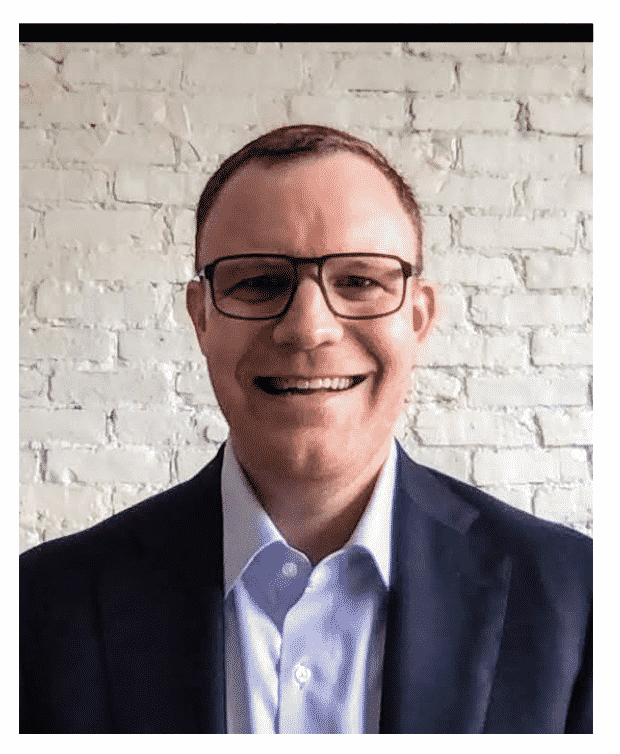
Policies in motion
State officials have announced that they’ll use $100 million in funds from the American Rescue Plan to address access to mental health and substance abuse treatment.
Many city residents are in favor of more facilities. A 2020 survey by the Collaborative for Community Wellness showed that more than 90% of those polled would use city-run, free mental health services if the facilities were in their neighborhoods.
Some people, though, need more than one type of service, says Matt Richards, deputy commissioner of behavioral health for the city. “Clinics are very important,” he says, but “the clinic-based model does not serve all of our patients. In fact, patients who have more acute and complex needs frequently benefit from team-based care.”
The Illinois state legislature recently passed laws that help address other issues of access. One law changes the insurance code to increase access to care in Illinois in the wake of the pandemic, says David Lloyd, a senior policy analyst with the Kennedy Forum, a group focused on mental health and addiction that advocated for the legislation. The law “helps ensure that plans aren’t denying critically needed treatment to Illinoisans across the state,” Lloyd says.
Another law requires the state to develop a nonpolice crisis response network that allows social workers, paramedics, and peers to respond to emergencies. Other cities such as Albuquerque, Portland, and New York recently allocated money toward similar efforts.
Such an approach is what the Collaborative for Community Wellness calls “treatment not trauma.”
That’s an effort Howard supports when he speaks at rallies, makes phone calls, and talks with aldermen as a volunteer with STOP. Without preventive care and continued treatment, he wouldn’t have been able to get his master’s in political science, which he received from Governors State University in 2021. He’s waiting to see if he’ll be admitted to a PhD program in interdisciplinary leadership for nonprofits.
“Open the clinics and send professionals — mental health specialists like paramedics and nurses — out there to de-escalate episodes,” Howard says. If we don’t, he adds, the mental health crisis will only get worse.
And Howard should know. He’s had a lot of long CTA rides to and from therapy, seeing people on the El with mental health and violent episodes, giving him an up-close perspective on the need for good mental health care.
Originally published in the Fall/Winter 2021 print issue.
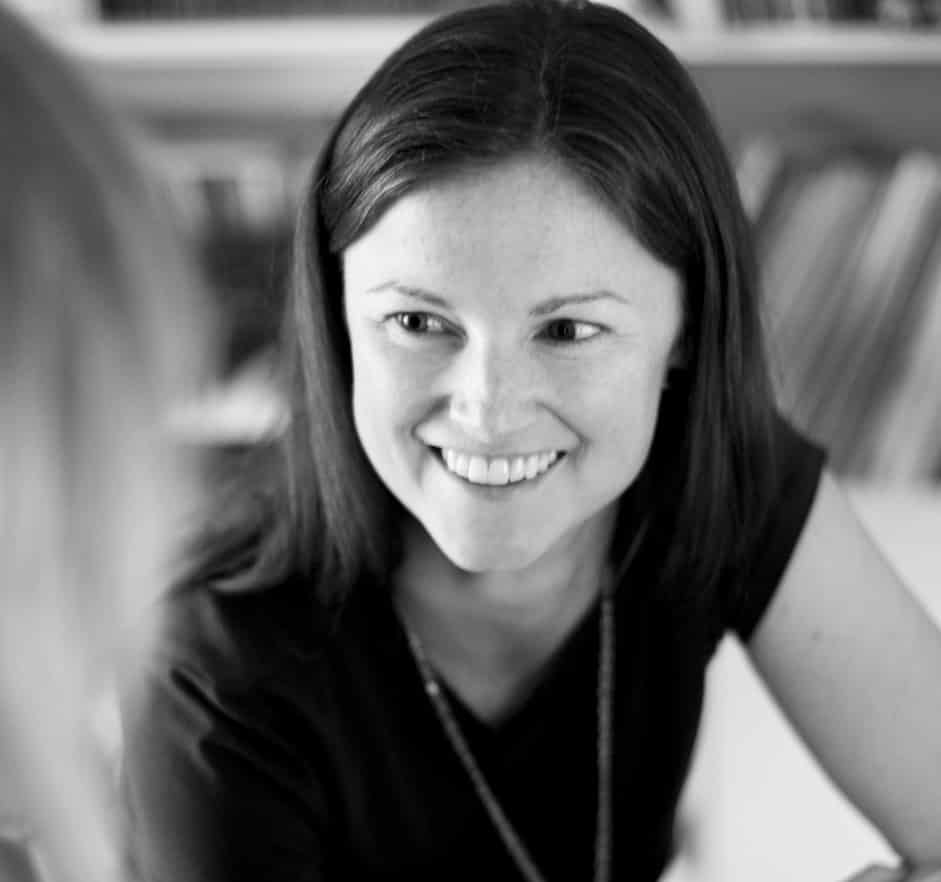
Susan Cosier is a Chicago-based writer focused on science and the environment. Her work has appeared in Scientific American and Science.

